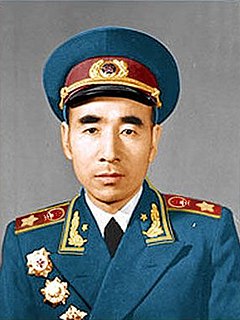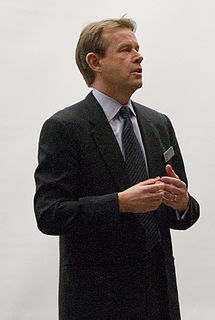A Quote by Alice Roberts
Autumn is much redder in North America and east Asia than it is in northern Europe, and this can't be explained by temperature differences alone. These areas also have a greater proportion of ancient tree lineages surviving: trees have gone extinct at a higher rate in Europe compared with those other areas.
Related Quotes
Industrialized countries have disproportionately more cancers than countries with little or no industry (after adjusting for age and population size). One half of all the world's cancers occur in people living in industrialized countries, even though we are only one-fifth of the world's population. Closely tracking industrialization are breast cancer rates, which are highest in North America and northern Europe, intermediate in southern Europe and Latin America, and lowest in Asia and Africa.
In short, Europe’s colonization of Africa had nothing to do with differences between European and African peoples themselves, as white racists assume. Rather, it was due to accidents of geography and biogeography—in particular, to the continents’ different areas, axes, and suites of wild plant and animal species. That is, the different historical trajectories of Africa and Europe stem ultimately from differences in real estate.
At any rate, those problems [ non-proliferation regime for weapons of mass destruction ] would not be so acute, with numerous terror attacks and victims of those attacks in many areas of the world - in Europe and in the United States. We also never would have had such an urgent problem with refugees, I have no doubt about it.
The truth is that we have long had a multi-track Europe with very different objectives. The traditional differences between the north and the south in fiscal and economic policy are far less problematic than those that exist between Eastern and Western Europe. In the south and east, China is steadily gaining more influence, such that a few EU member states no longer dare to make decisions that run counter to Chinese interests. You see it everywhere: China is the only country in the world that has a real geopolitical strategy.
The climate of this planet has been changing since God put the planet here. It will always change, and the warming in the last 10 years is not much difference than the warming we saw in the 1930s and other decades. And, lets not forget we are at the end of the ice age in which ice covered most of North America and Northern Europe.



































